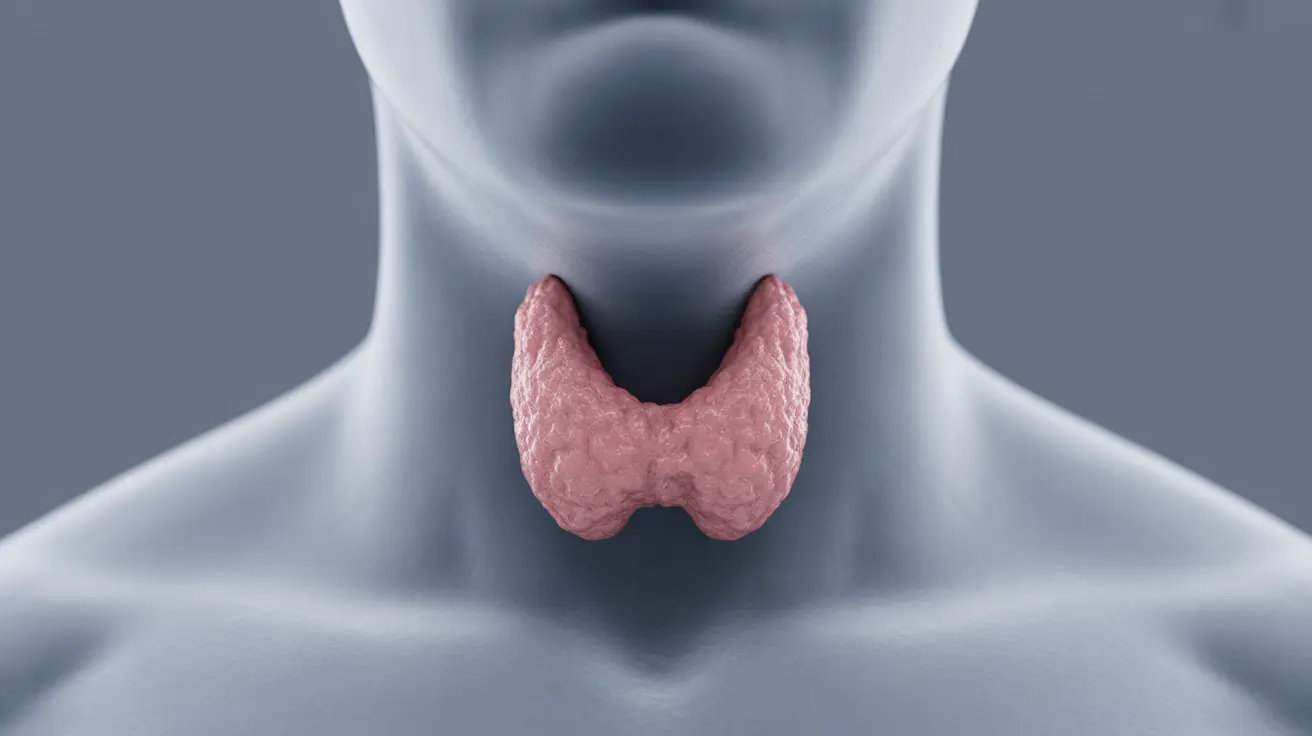A goiter is an enlargement of the thyroid gland, a butterfly-shaped organ located at the base of your neck. While this condition can affect anyone, understanding its causes, recognizing symptoms early, and knowing available treatment options is crucial for managing this common thyroid disorder effectively.
Whether caused by iodine deficiency, underlying thyroid conditions, or other factors, goiters can significantly impact quality of life. This comprehensive guide will explore everything you need to know about goiters, from risk factors to prevention strategies.
Understanding the Causes of Goiter
Goiters can develop for several reasons, with iodine deficiency being historically the most common cause worldwide. In developed countries, other factors often contribute to goiter development:
- Graves' disease
- Hashimoto's thyroiditis
- Thyroid nodules
- Pregnancy
- Certain medications
- Radiation exposure
Iodine deficiency remains a significant concern in many parts of the world, as this essential mineral is crucial for proper thyroid hormone production. When the body lacks sufficient iodine, the thyroid gland enlarges in an attempt to capture more iodine from the bloodstream.
Recognizing Goiter Symptoms
The symptoms of a goiter can vary depending on its size and underlying cause. Common signs include:
- Visible swelling at the base of the neck
- Tightness in the throat
- Difficulty swallowing or breathing
- Coughing or hoarseness
- Neck discomfort
In some cases, especially with smaller goiters, there may be no noticeable symptoms. However, larger goiters can cause significant discomfort and may require medical intervention.
Diagnostic Process and Testing
Healthcare providers use various methods to diagnose a goiter and determine its cause:
Physical Examination
Your doctor will carefully examine your neck, looking for enlargement and checking for tenderness or nodules.
Laboratory Tests
Blood tests measure thyroid hormone levels and antibodies that might indicate an autoimmune condition.
Imaging Studies
- Thyroid ultrasound
- CT scan
- Radioactive iodine scan
- MRI (in some cases)
Treatment Approaches for Goiter
Treatment options vary based on the goiter's size, cause, and associated symptoms:
Medication
Depending on the underlying cause, treatments may include:
- Thyroid hormone replacement
- Anti-thyroid medications
- Iodine supplements (in cases of deficiency)
Surgical Options
Surgery might be recommended if the goiter:
- Is very large
- Causes breathing or swallowing difficulties
- Shows suspicious nodules
- Doesn't respond to medication
Prevention and Risk Reduction
While not all goiters can be prevented, certain measures can help reduce risk:
- Ensuring adequate iodine intake through diet
- Regular thyroid check-ups, especially if there's a family history
- Avoiding excessive soy consumption
- Limiting exposure to environmental toxins
Frequently Asked Questions
What are the common causes of goiter and how does iodine deficiency contribute to it? Iodine deficiency causes the thyroid gland to enlarge as it tries to produce more thyroid hormones with limited iodine. Other common causes include autoimmune conditions like Graves' disease and Hashimoto's thyroiditis, thyroid nodules, and certain medications.
What symptoms should I watch for if I think I have a goiter? Key symptoms include visible neck swelling, difficulty swallowing or breathing, throat tightness, coughing, hoarseness, and neck discomfort. Some goiters may be asymptomatic, especially when small.
How is goiter diagnosed and what tests are typically done? Diagnosis typically involves a physical examination, blood tests to check thyroid function, and imaging studies such as ultrasound, CT scan, or radioactive iodine scan to determine the goiter's size and characteristics.
What are the treatment options available for a goiter, including medication and surgery? Treatment options include thyroid hormone replacement, anti-thyroid medications, iodine supplements, and surgery. The chosen treatment depends on the goiter's cause, size, and symptoms.
Can a goiter be prevented, and what dietary or lifestyle changes help reduce the risk? While not all goiters are preventable, maintaining adequate iodine intake through diet, regular thyroid check-ups, and avoiding certain risk factors can help reduce the risk. Using iodized salt and consuming iodine-rich foods are important preventive measures.




